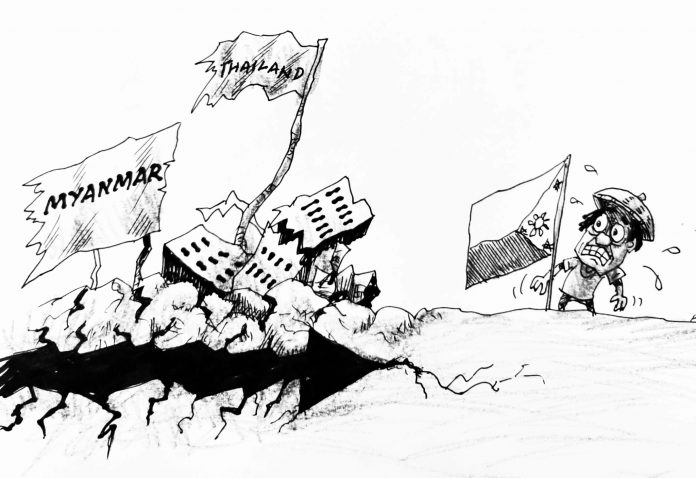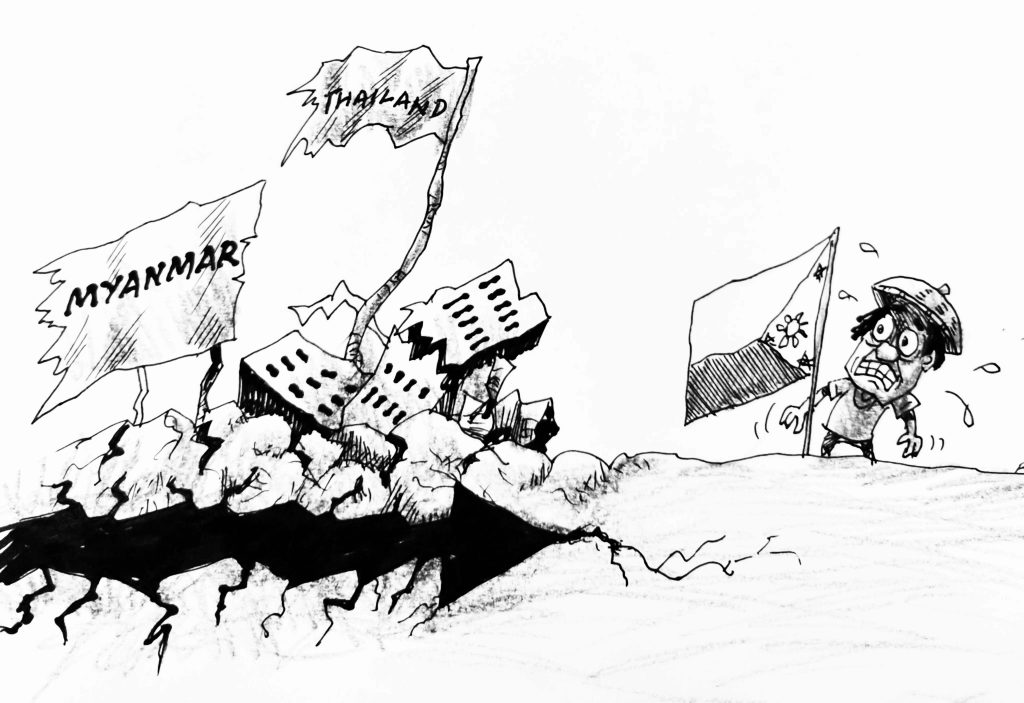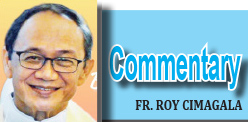The most recent powerful earthquake that struck Thailand and Myanmar is a chilling reminder of the uncertainties of the natural world. For the Philippines, a nation located on the Pacific Ring of Fire, the peril of earthquake tragedies has become a question of when and not if. But even with peril always at one’s doorstep, the country itself remains grossly unprepared.
The absence of company earthquake readiness in the nation can be seen in its old infrastructure and weak enforcement of building codes. The majority of structures, especially in high-density urban communities, are not designed to withstand strong shakers. Private developers and local government units take shortcuts in building, and endangering communities. Without political will and strict regulations to prioritize structural resilience, the devastation witnessed in neighboring countries could easily be replicated in the Philippines.
No less disturbing is the lack of a public campaign on earthquake preparedness. Although there are periodic earthquake drills, these are ritualistic and do not create a culture of preparedness. Communities, particularly those in high-risk coastal and mountain areas, have no access to timely information and unambiguous guidelines on evacuation procedures. Preparedness does not have to be a ritual drill but must become a way of life.
Apart from that, the country’s disaster response capacity is insufficient to address the disastrous effects of a large earthquake. Disaster response teams are usually underfunded and under-equipped and struggle to respond in time when disasters strike. Search and rescue training, healthcare facilities, and relief activities must top the investment list.
Coordination needs to improve between the national government, local governments, and the private sector to provide an effective and robust response system.
Sealing those gaps means making tough decisions. Tightening enforcement of earthquake-resistant construction codes, initiating relentless public education campaigns, and developing disaster response capacity are non-negotiable decisions. The state should take the lead, but citizens cannot just sit back either. It is only with united dedication that the country can stand against some seismic







